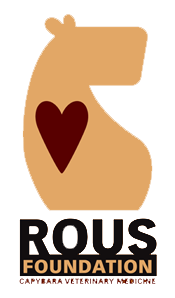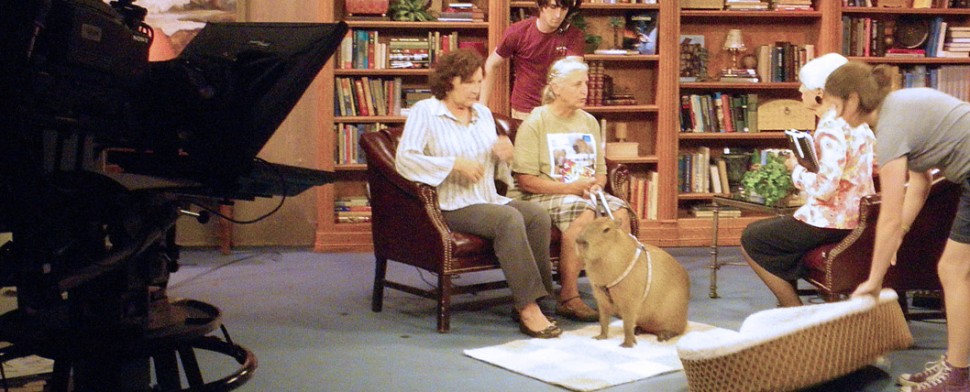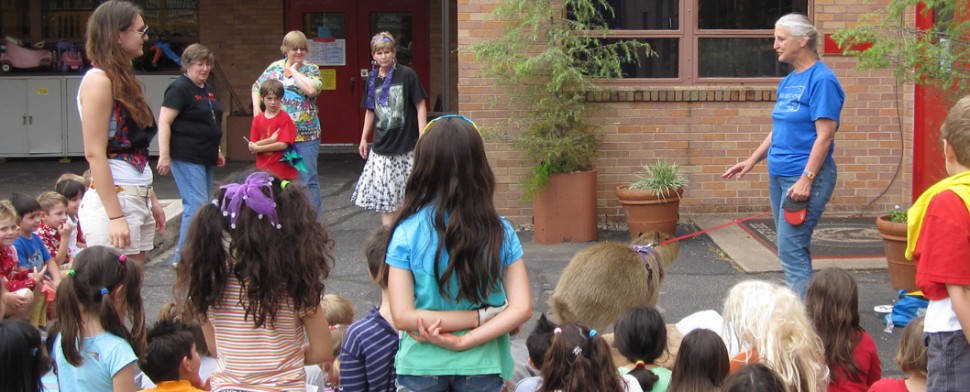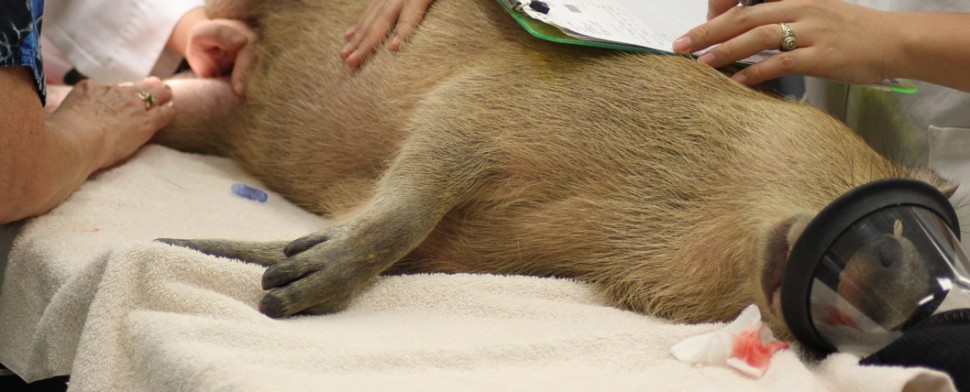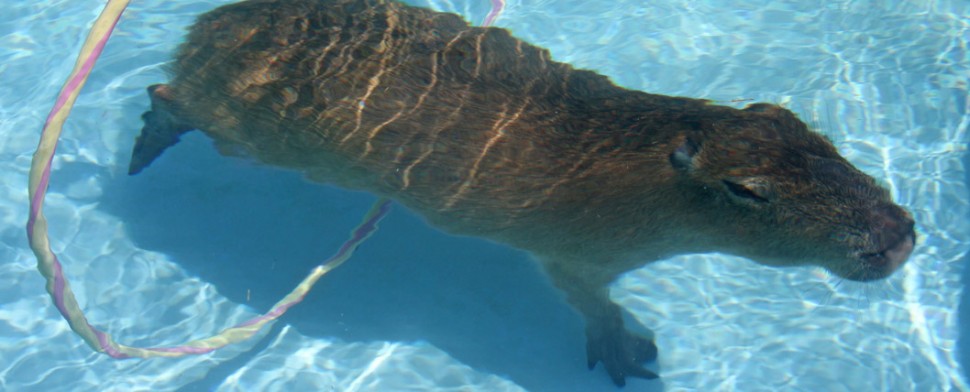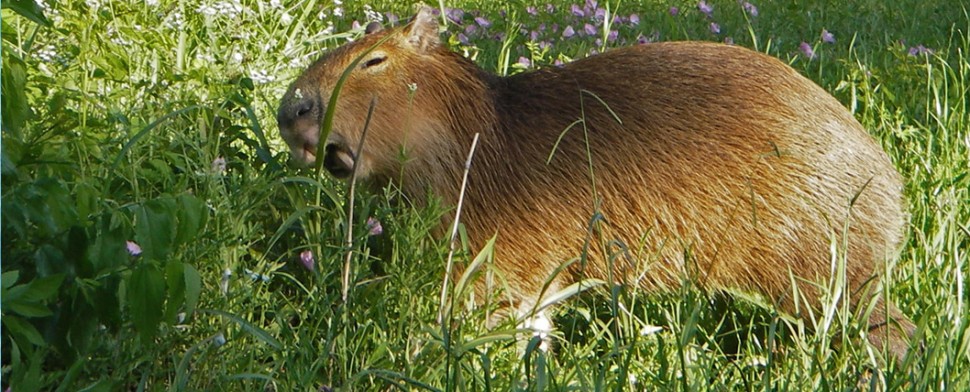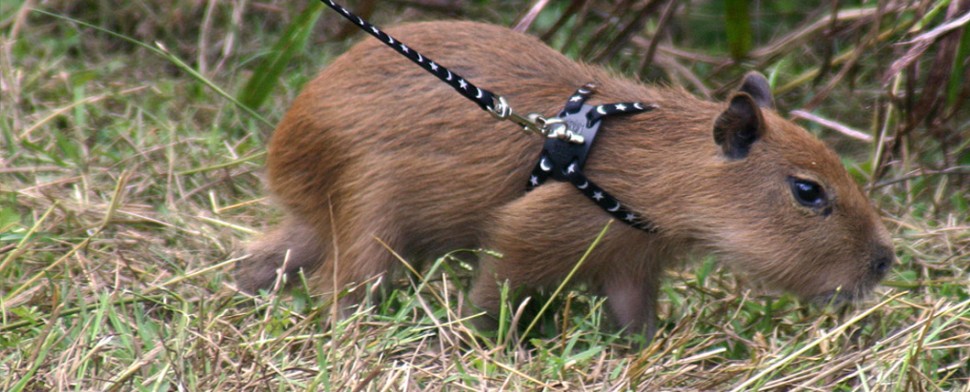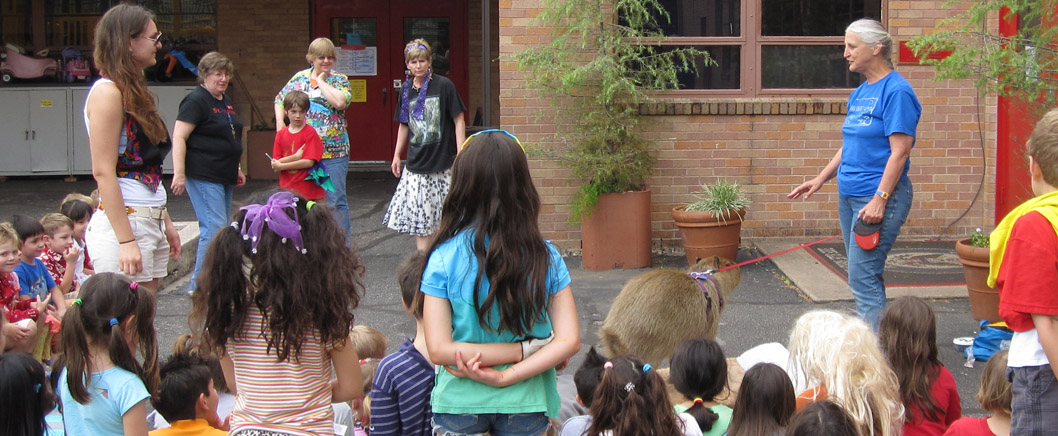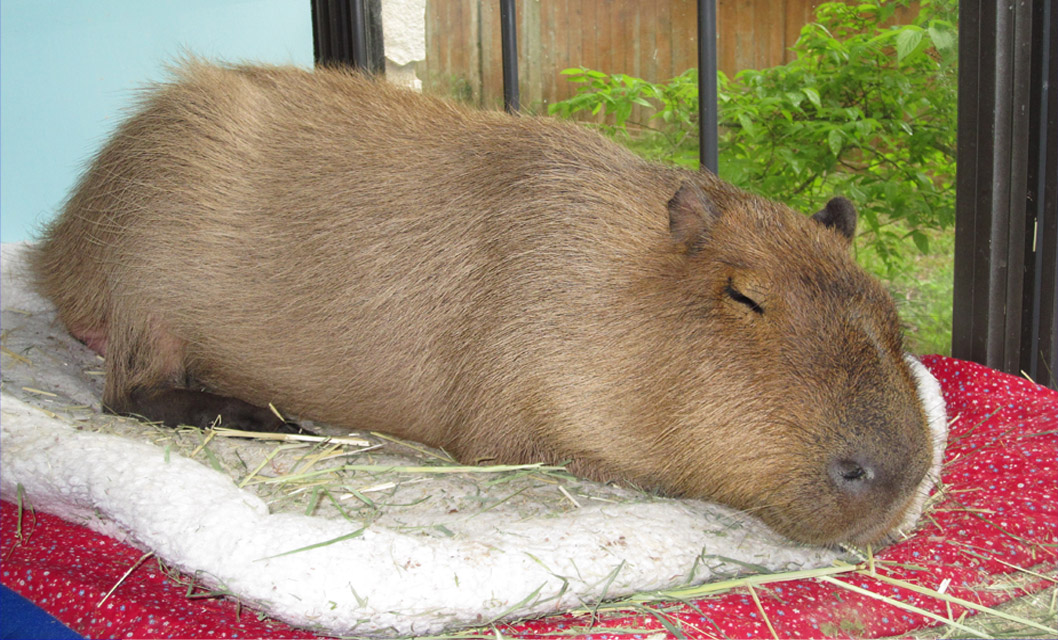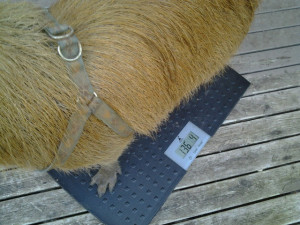The ROUS Foundation is starting its first academic research study! This is a big step for us. It has always been our goal to help all captive capybaras lead longer, healthier, and happier lives and this study will be a major advance toward that goal.
This project will be through our charity at Texas A&M College of Veterinary Medicine. We will be hiring a first year veterinary student to combine the data that we have accumulated through our Why Weight? program with data from zoos around North America. This data will be compiled into a spreadsheet that will be used to generate statistical data on growth and weight by age. As most of you know, weight is a very useful indicator of health, especially in young animals.
We are also expecting life expectancy information to fall out of this research as a byproduct of weight studies over time.
Here is the project description that we presented to our student applicants.
ROUS Foundation Research Project on Capybara Growth Rates
The Growth Rate study is expected to continue for two to four years and result in at least one technical paper.
The next step in our research endeavours will probably be analysis of the genetic diversity of captive capybaras verses wild populations.
None of this would be possible without the help of all of the capybara owners and fans who donate to the ROUS Foundation. As we are approaching the end of the year, remember that donations are tax deductible!
